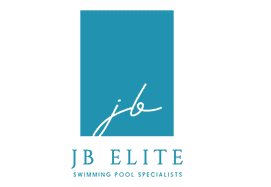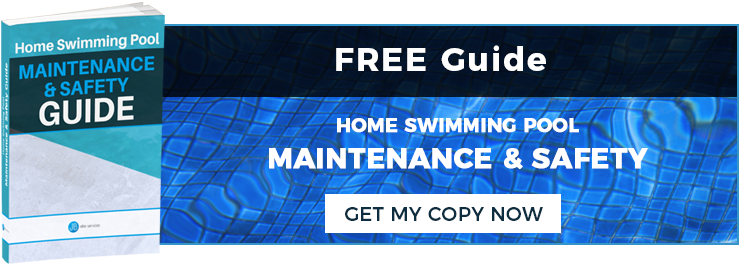A home swimming pool means years of fun for you, your family, and your friends.
Maintenance is easier and cheaper than you might think, but it is important to keep on top of basic maintenance to keep your pool safe and clean. Many of these checks can be carried out by yourself.
Wear & Tear And Damage
Tripping and slipping are the most common causes of accidents around a swimming pool. The most obvious need for maintenance is when something visibly breaks, such as tiles on the pool edge or poolside decking -just one loose tile can cause an accident. Anything resembling a hazard should be immediately cordoned off and repaired as quickly as possible.
Removing Dangers
Regular professional cleaning of the pool and surroundings is worth the money because pool maintenance experts are aware of potential hazards that may not be apparent to the average pool owner.
For example:
- Brushing to clean steps – underwater steps used for entering and exiting the pool can quickly become slick with algae. Regular brushing and vacuuming will stop algae or debris building up on the steps and pool floor;
- Missing or broken drain covers – anything is broken that is underwater is an immediate hazard. A professional service will always check that items such as drain covers and ladders are intact or replace any that are damaged;
- Electrical equipment – electricity and water are a deadly combination, so regular checking of pumps, heaters, and other electric features is essential.
Water Quality And Health Hazards
Swimming pool water needs regular testing and chemical treatment. The acid/alkaline pH balance must be kept to the correct level to avoid damage to pool equipment.
This in itself is not a health hazard but the bacteria count certainly is.
A pool is a closed system, unlike a lake or river. That means little fresh water enters the system unless it is deliberately added. Closed systems are notorious breeding grounds for bacteria and that’s why chlorine and other anti-bacterial additives to are added to swimming pool water.
Sun tan lotion, hair gel, perfume – every time a person enters a swimming pool, they introduce a range of hazards into the water. The chlorine in your pool water will act as a neutralizer, but some chlorine is used up every time this happens. Chlorine levels, therefore, need regular replenishment – usually on a weekly basis, but we can advise you based on the size and usage patterns of your pool.
Does UK Law Provide Any Appropriate Regulations?
Not for privately owned pools. Regulations are in place for public swimming pools, such as those in hotels and resorts, as well as pools run by local authorities.
Many private pool owners adopt these guidelines for their own safety and maintenance regimes.
Contact Us
As a swimming pool owner, it is important to ensure that health and safety hazards are reduced or removed completely.
Contact us at JB Elite Services for advice on how our service packages can keep your pool water quality at its best.
Image source: Pixabay


